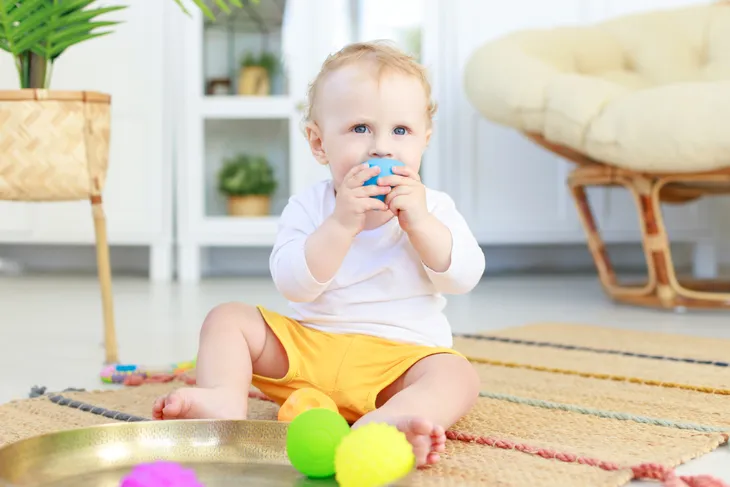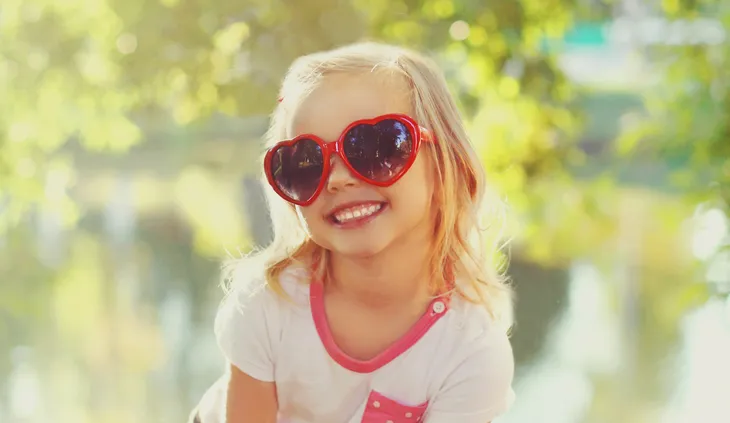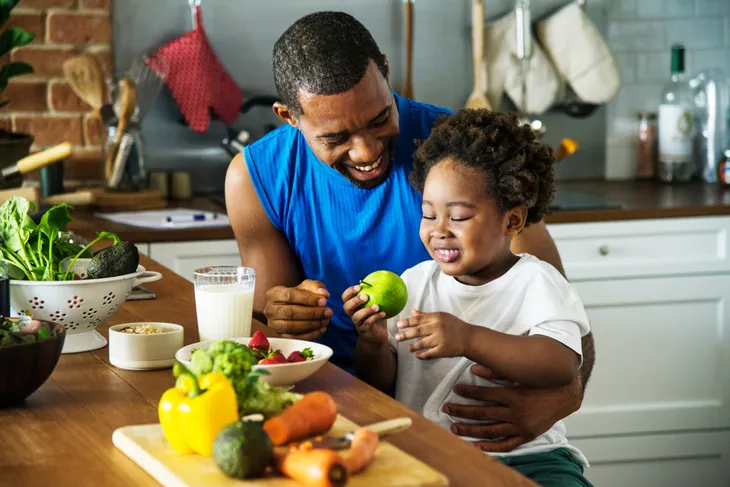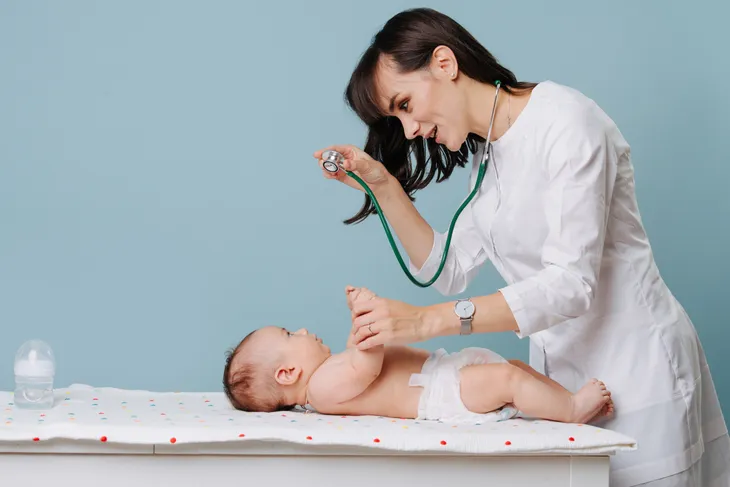Vision is something many take for granted—until something goes wrong with it that is. Eye problems can be especially difficult for children, who rely on their eyesight to read the chalkboard in school (more than 80-percent of classroom education is visual, according to Friends for Sight).
It only takes a moment for a mishap to occur that could compromise your child’s eyesight, and there are other factors that could affect the quality of their vision over an extended length of time. Let’s take a closer look at six ways to protect your child’s eyesight for Child Eye Health and Safety Month in August…
Give Them Well-Rounded Toys
Toys may be approved for toddlers, but that doesn’t mean they’re 100-percent injury-proof. There could be a sharp corner here or there that could end up hurting your child’s eye, whether they fall onto it or they get carried away with their imagination.
Make sure to read the age minimums on all toys before you bring them home, and only buy toys that meet the safety standards of the American Society for Testing and Materials (ASTM), notes Friends for Sight. Also choose toys that require some dexterity, which can also help develop visual acuity.
Be Bright about Sun Exposure
Just like adults, too much sun can actually harm the eyes—and young children’s eyes are sensitive to UV light (especially children with lighter-colored eyes, according to WebMD). You can purchase a good pair of UV coated sunglasses, but some toddlers and younger children have a tendency to want to remove them.
In that case, ensure they are well-sheltered from the sun, and aren’t staring directly into it from their stroller (have them face you if the sun is in front of you, for example). A hat with a wide brim is also a good idea to provide shade—ensure the hat is a breathable material so junior isn’t sweating out there.
Feed their Vision
Protecting a child’s eyesight in not just about things to avoid, it’s also about giving them the essentials. And some of those essentials include eye-friendly vitamins and minerals such as Vitamin A (“the foundation of all our vision,” notes KidVitamin.com), as well as vitamins C and E.
Essential antioxidants such as lutein as well as many of the vitamins listed above can be found in fish. WebMD suggests buying canned tuna, pollock or salmon (up to 12-ounces per week) for younger kids because they have less mercury content than other finned food. Don’t forget to add fruits and veggies to your child’s diet as well.
Don’t Use Eyeglasses as Protective Gear
Your little one may already wear corrective lenses or sunglasses, but that won’t stop many objects from harming their eyes. Elbows and other foreign objects can easily make it to your child’s eyes from above, below or from the sides—especially during a sporting event.
There are many sports-specific prescription eyewear options out there for the fashion-conscious child, that are designed to stay on while they’re tearing up the field. The Vision Council warns to ensure the eye protection you choose is rated to withstand the impact expected in any given activity.
Consult the Professionals
Eye exams aren’t just for adults. In fact, they may even be more important for infants and toddlers to catch any early problems. BabyCenter.com notes that a doctor can check your baby’s eyes during well-baby visits, and refer you to a specialist if a closer look is needed.
The doctor can also check to ensure your baby can properly follow objects, as well as their eye alignment. Infections, allergies and diseases can also present themselves through looking closely at the eyes, adds the source. A family history of eye problems could increase the risk of your child developing vision problems down the road, so don’t skip medical visits.
Start Protecting Before They’re Born
You can get into the habit of protecting your baby’s eyesight even before they see your face for the first time. WhatToExpect.com said it takes 6-months of development in the womb before visual information can be processed, and by the end of the second trimester (week 26), “Your baby’s eyes are just about as fully formed as they’ll get.”
While consuming the afore-mentioned vitamins and minerals during pregnancy are important (continuing to eat well post-pregnancy will help you set a good example), apparently being outside in sunlight is also important to your unborn baby’s eye development, according to the source. It turns out that the little bit of light that makes it the womb is a big deal, it adds.








